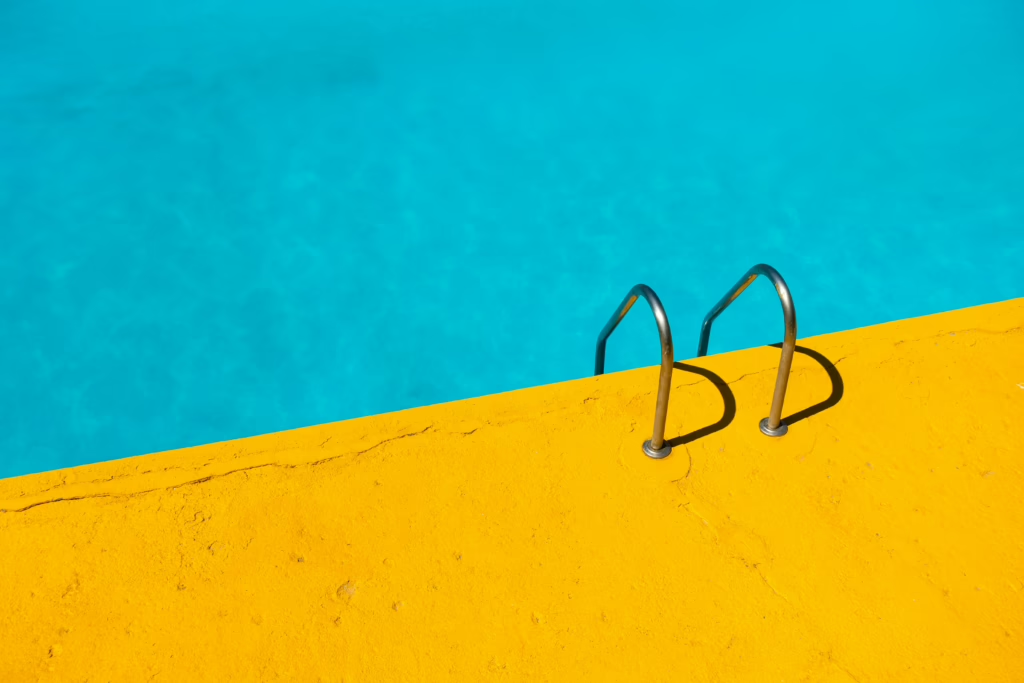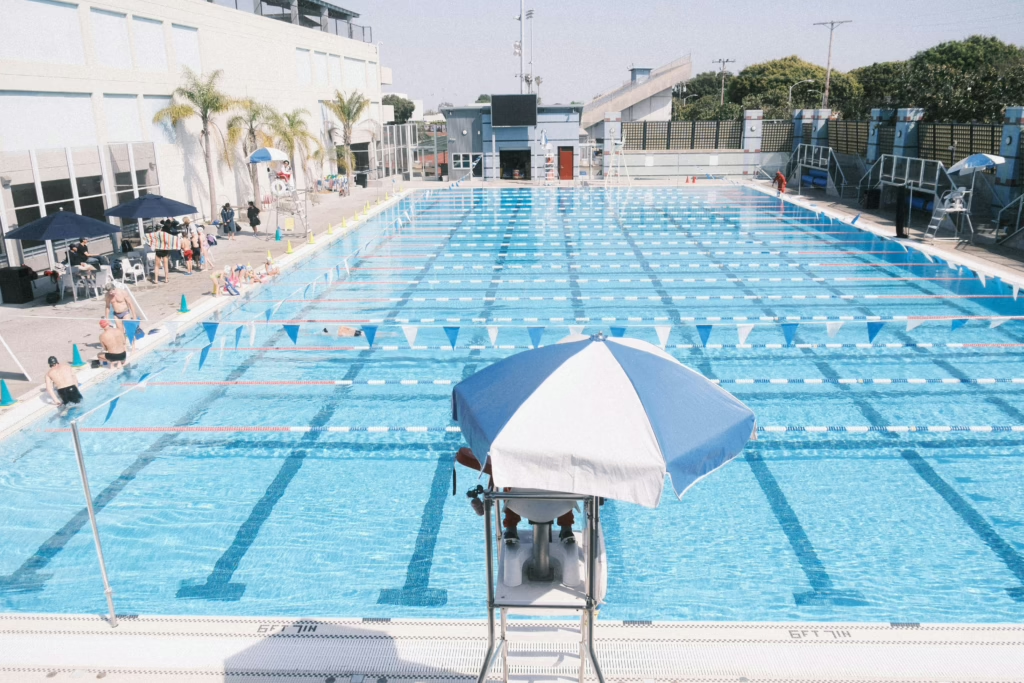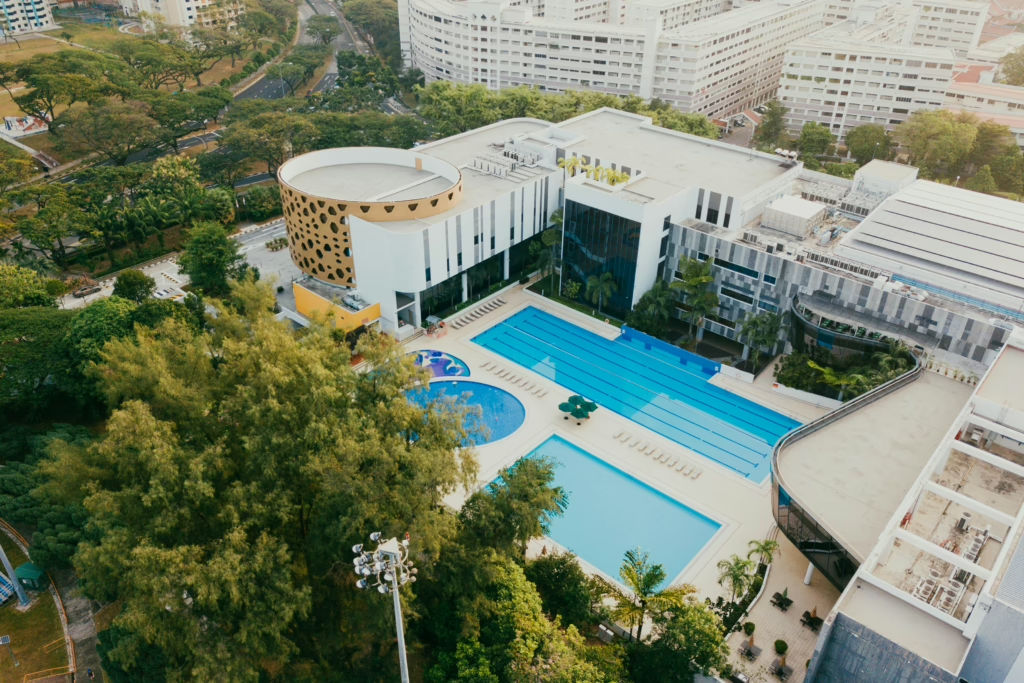Did you know that a properly maintained pool filter can reduce your chemical usage by up to 30%? That’s right—beyond just keeping your water crystal clear, clean filters are the unsung heroes of pool efficiency. If you’re like most San Diego pool owners, you want to enjoy those perfect swimming days without the hassle of murky water or equipment breakdowns.
Pool ownership in sunny San Diego is a dream come true, but it comes with responsibilities—chief among them being filter maintenance. Whether you’re dealing with cloudy water or just trying to stay ahead of potential issues, understanding how to properly clean your pool filter (or knowing when to call in the professionals) can save you time, money, and frustration down the road.
If you’re searching for “pool filter cleaning near me,” finding a reliable and professional service provider can make all the difference. Here’s a guide to understanding what makes filter cleaning so important, the different types of filters you might have, and how to choose the best maintenance option for your swimming pool needs. Let’s dive into everything you need to know about keeping that essential component of your pool system working at peak performance.
Why Regular Pool Filter Cleaning Is Non-Negotiable
1. Your Filter’s Critical Role
Your pool filter works tirelessly behind the scenes, capturing everything from microscopic particles to visible debris that would otherwise cloud your water. Think of it as your pool’s kidney system—constantly filtering out impurities to maintain water health and clarity.
2. The High Cost of Neglect
When filters become clogged, they force your pump to work harder, potentially doubling your energy consumption. This unnecessary strain not only hits your wallet but can shorten your equipment’s lifespan by years. Most pool owners don’t realize that over 60% of major pool equipment failures can be traced back to inadequate filtration maintenance.
3. Health and Safety Benefits
Clean filters don’t just mean clear water—they’re essential for proper chemical distribution throughout your pool. When water circulates efficiently through a clean filter, chlorine and other sanitizers can do their job effectively, reducing the risk of bacteria growth and potential health issues for swimmers.
4. Extending Equipment Life
Regular filter maintenance can extend the life of your filter media by 2-3 years. For cartridge filters, that means saving $100-300 in replacement costs. For DE filters, you’ll save on both replacement grids and reduce the frequency of complete teardowns.
Understanding Your Pool Filter Type
Sand Filters: The Workhorses
Sand filters use specially graded sand to trap particles as small as 20-40 microns. They’re popular for their relative simplicity and lower maintenance requirements. However, they need proper backwashing every 4-6 weeks and complete sand replacement every 3-5 years to maintain efficiency.
Cartridge Filters: The Efficient Option
These pleated polyester filters can trap particles as small as 10-15 microns without the need for backwashing. While they require more frequent cleaning (typically every 2-3 months in San Diego’s climate), they use less water and provide excellent filtration for most residential pools.
Diatomaceous Earth (DE) Filters: The Premium Choice
DE filters offer the finest filtration available, capturing particles as tiny as 2-5 microns. These microscopic fossilized diatoms create a powerful filtration layer, but they also require the most maintenance attention. DE filters need regular backwashing plus periodic “teardowns” for deep cleaning.
DIY Filter Cleaning: Step-by-Step Guide
Preparing for Filter Cleaning
Before beginning any filter maintenance, always turn off your pump and relieve pressure in the system. Gather your tools: a garden hose with spray nozzle, filter cleaner (appropriate for your filter type), and a large bucket or filter cleaning area where runoff won’t damage plants or landscaping.
Sand Filter Cleaning Process
The backwashing process for sand filters is relatively straightforward: turn off the pump, set the multiport valve to “Backwash,” turn the pump back on, and run until water in the sight glass appears clear (usually 2-3 minutes). Follow with a quick “Rinse” cycle before returning to normal filtration.
Cartridge Filter Maintenance
Remove the filter cartridge after depressurizing the system. Inspect for tears or damage, then rinse thoroughly between each pleat using medium water pressure. For deeper cleaning, soak overnight in a commercial filter cleaner solution. Allow the cartridge to dry completely before reinstalling.
DE Filter Deep Cleaning
DE filters require both regular backwashing and periodic complete disassembly. After backwashing, you’ll need to recharge with fresh DE powder (following manufacturer guidelines for quantity). For deep cleaning, disassemble the filter, remove and clean each grid individually, and inspect for tears or damage before reassembling.
When to Call the Professionals
Signs Your Filter Needs Expert Attention
Not all filter issues can be solved with routine cleaning. If you notice persistent pressure problems, damaged components, or filters that clog again quickly after cleaning, it’s time to call in a professional. San Diego pool technicians have specialized equipment to diagnose issues beyond the reach of most DIY solutions.
Seasonal Professional Services
Even if you manage routine cleanings yourself, consider scheduling professional service at least once a year. In San Diego, the end of summer is an ideal time as your filter has worked hard through peak swimming season. A pro can disassemble, deep clean, and identify any worn components before they fail.
Cost vs. Value Analysis
Professional filter cleaning services in San Diego typically range from $75-150 depending on filter type and complexity. When you factor in the specialized cleaning solutions, tools, time investment, and expertise required, many pool owners find this a reasonable investment for peace of mind and equipment longevity.
Finding the Right Pool Service in San Diego
Qualities of Top-Tier Filter Cleaning Services
Look for companies with specific training in your filter type. The best providers will explain what they’re doing, offer maintenance tips, and provide a clear assessment of your filter’s condition. They should also be licensed, insured, and have positive reviews specifically mentioning filter cleaning.
Questions to Ask Before Hiring
Before booking a service, ask: “How will you clean my specific filter type?” “What’s included in the service price?” “Do you provide a written report of findings?” “What additional maintenance do you recommend based on San Diego’s unique climate conditions?” Their answers will reveal their expertise level.
Scheduling Strategically
In San Diego’s year-round swimming climate, scheduling regular maintenance is crucial. The best services offer reminder systems and can recommend optimal cleaning intervals based on your specific pool usage, local environmental factors, and filter type.
Frequently Asked Questions:
1. How often should I clean my pool filter in San Diego’s climate?
San Diego’s warm weather and year-round pool usage typically requires more frequent filter cleaning than cooler regions. For cartridge filters, plan on cleaning every 2-3 months. Sand filters should be backwashed monthly and DE filters need backwashing every 4-6 weeks with a deep cleaning 2-3 times per year.
2. Can I just backwash instead of deep cleaning my filter?
While backwashing helps extend the time between thorough cleanings, it doesn’t replace the need for deep cleaning. Oils, sunscreen residue, and fine particles will still build up over time and can only be removed through complete disassembly and proper cleaning.
3. What happens if I use the wrong cleaning solution on my filter?
Using harsh chemicals or incorrect cleaning solutions can damage filter media, reducing efficiency and lifespan. Cartridge filters are particularly susceptible to damage from bleach or household cleaners. Always use products specifically designed for your filter type.
4. Is it normal for pressure to increase after cleaning my filter?
A slight pressure increase immediately after cleaning is normal as water flows more efficiently through the clean media. However, if pressure quickly returns to pre-cleaning levels, this indicates either incomplete cleaning or another issue requiring professional attention.
5. How do I know if I need to replace rather than clean my filter?
Look for signs like cracked manifolds, torn cartridge pleats, damaged grids, or pressure issues that persist after thorough cleaning. Most cartridge filters last 2-3 years, DE grids 3-5 years, and sand media 5-7 years with proper maintenance.
Final Thoughts
Maintaining your pool filter is one of the most impactful ways to ensure your San Diego swimming experience remains enjoyable year-round. Regular cleaning prevents the vast majority of common pool problems, from cloudy water to equipment failures, while significantly reducing your overall maintenance costs and chemical usage.
If you’re looking for dependable pool filter cleaning near me, PoolLogic offers comprehensive services tailored to your specific needs. Our team understands the unique challenges San Diego pool owners face and can help you establish the optimal maintenance schedule for your system. Contact us today to schedule your next cleaning and enjoy a pristine pool all year round—our 5-minute setup process makes getting started easier than ever.
Ready for better pool care? Take the first step toward crystal-clear water and equipment that lasts by giving your filter the attention it deserves. Your pool—and your future self—will thank you.



